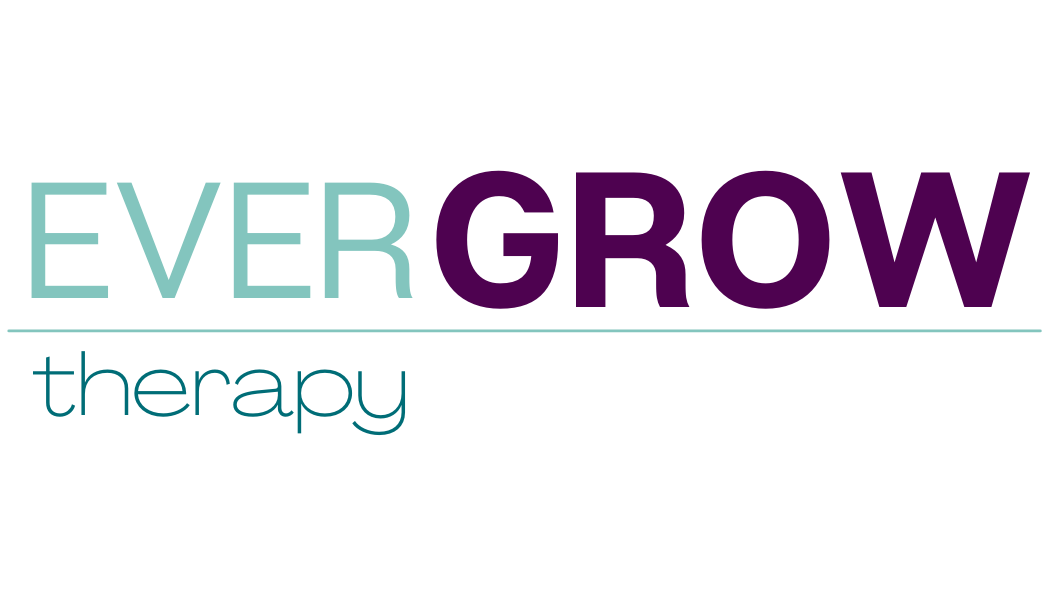Therapy for Guilt
Therapy for Guilt
Do you feel guilty a lot? And when I say a lot, is it as though this feeling has grown roots within you, unwavering in its presence? It’s good and healthy to feel guilt sometimes (it can be a sign that our own moral compass is intact and working properly), but if you’re feeling guilty a lot, it’s often an indication that something is wrong.
Although our feelings are there to give us important information, sometimes they can send false alarms, such as when we feel guilty despite doing nothing wrong. Participating in therapy for guilt can help you identify those false alarms and learn what to do about them.
Instances When Guilt Can Appear as a False Alarm
When you say no to someone or something
When you take time to care for yourself
When you have a different opinion
When you ask for help
When you make a mistake
When you have to work
When your child misbehaves
When you can’t do it all
When you enforce consequences
When you set boundaries or limits

How Can Therapy for Guilt Help?
One of the most effective components of therapy for guilt is learning to recognize the pattern in which that feeling shows up for you. It may be that you’re not even aware of how frequently you feel guilty, and I can guide you in learning how to step back and see things from another perspective.
Therapy can also help you uncover negative thoughts that contribute to your feelings of guilt. Thoughts such as:
“I should _________”
“I can’t believe I didn’t _______”
“I better _______ or else ______ .”
In therapy we will also work to “recalibrate” your guilt radar so that it no longer sends those false alarms.
My Therapeutic Approach
My approach to therapy consists of a blend of various treatment approaches, and I modify each session to adapt to your individual needs. But some of the most common models and approaches I utilize include:
Attachment-based therapy
Relational therapy
The Havening Techniques ™
Cognitive-Behavioral Therapy
Ready to Get Started?

Get In Touch
Call
(949)-415-8807
drdanabasu@gmail.com
Location
Serving clients throughout California
Hours
By appointment only


